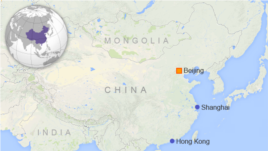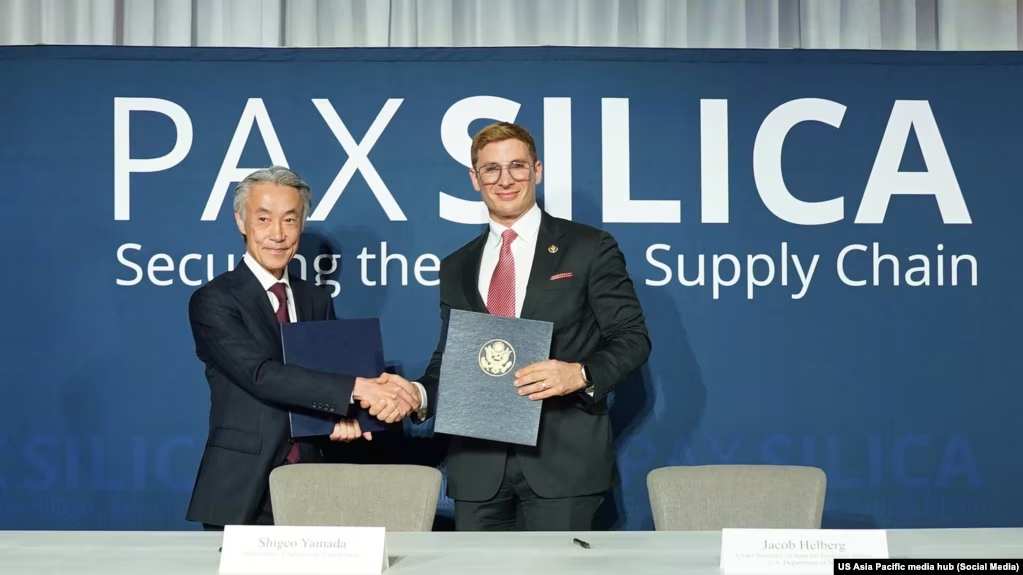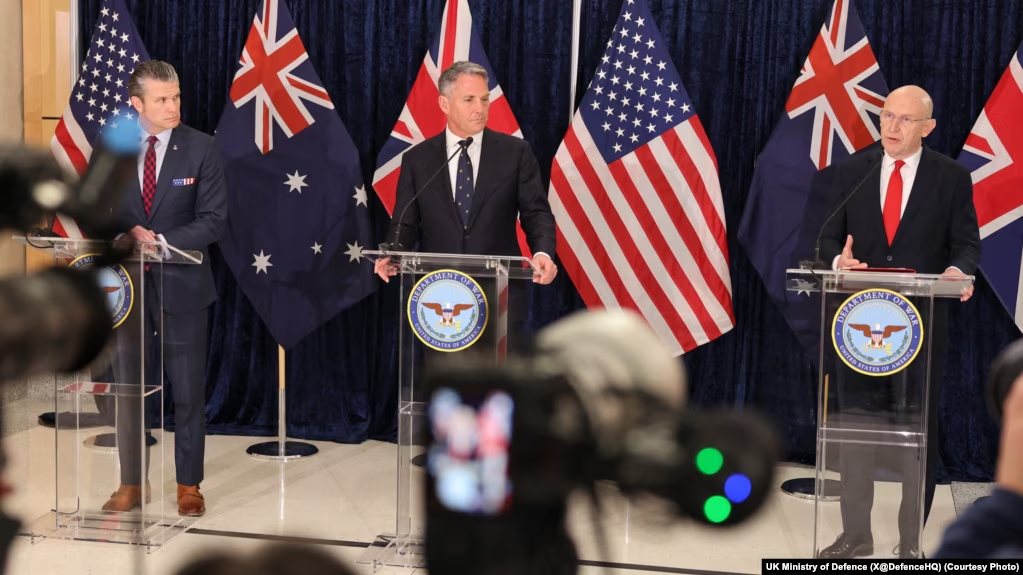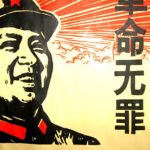
Protesters raise a mock “white paper”, left, released by Beijing State Council on Tuesday saying it holds ultimate control over the former British colony, outside the Chinese liaison office in Hong Kong, June 11, 2014.
Rebecca Valli
June 11, 2014 8:45 AM
HONG KONG — Chinese officials in Beijing issued a policy paper Tuesday reminding Hong Kong residents of the city’s status as part of China. The paper led to protests in Hong Kong, where pro-democracy activists say the document is intended as intimidation against supporters of broader political reforms in the former British colony.
Pro-democracy activists in Hong Kong said that Beijing is twisting the meaning of “one country, two systems,” in an effort to curb public support for greater democracy.
They are responding to a rare official paper issued by China’s State Council on Tuesday.
In it, Beijing said the former British colony has enjoyed increased democracy and a high level of autonomy after returning to China in 1997, but also called such an autonomy “not an inherent power, but one that comes solely from the authorization by the central leadership.”
“The basic thrust of the white paper is that whatever power Hong Kong has, the power actually comes from the central authorities and we should always place one country ahead of two systems,” explained Joseph Cheng, professor of political science at the City University of Hong Kong.

Despite being a part of China, Hong Kong enjoys freedoms that are lacking in the mainland.
But there have been growing concerns that China’s looming presence in Hong Kong’s affairs could endanger the city’s independent press, and its vibrant civil society.
The white paper acknowledged some challenges in relations between Beijing and Hong Kong.
“The practice of ‘one country, two systems’ has come to face new circumstances and new problems,” the paper said. “Some people in Hong Kong have yet felt comfortable with the changes. Still some are even confused or lopsided in their understanding of “one country, two systems” and the Basic Law.”
Discussion about the role of the mainland in Hong Kong’s affairs is particularly sensitive as the city-state is deciding details of universal suffrage, which Beijing has promised for 2017 and 2020.
China has ruled out the possibility that citizens will pick candidates for the top office, and says a broadly representative nominating committee will decide who can run.
“This white paper is part of the propaganda campaign from the central authorities to warn Hong Kong people and to exert pressure on Hong Kong people to accept an undemocratic electoral system which will soon be imposed by Beijing on the Hong Kong community,” Cheng noted.
Kinman Chan is one of the organizers of Occupy Central – a movement that plans to occupy downtown Hong Kong in July should the electoral law fail to meet international democratic standards.
He said that the white paper is intended as a warning against political activism in the coming months, but it might backfire.
“This document might in fact help mobilize more Hong Kong people to express their view, to get their voice heard,” said Chan.
In a statement issued on Wednesday, the Hong Kong Bar Association rebuked Beijing’s white paper saying it downplays the independence of the courts in Hong Kong.
Judges and courts cannot be regarded as administrators with a political task, the statement read.









